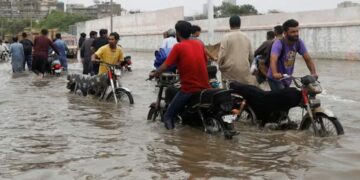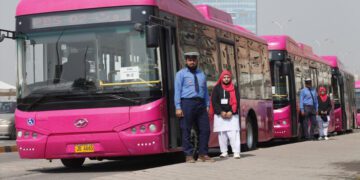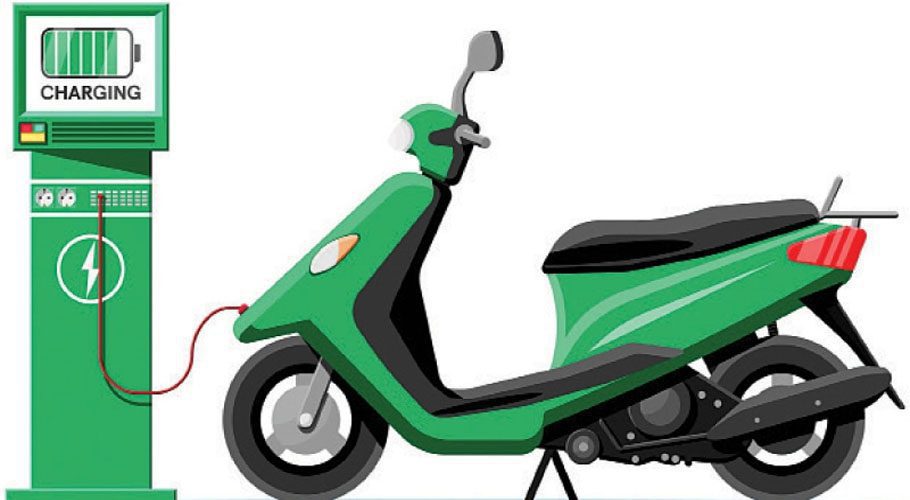![]() Follow Us on Google News
Follow Us on Google News
Education is a fundamental right of every citizen and is considered a cornerstone for the progress and development of any nation. Unfortunately, in Pakistan, the state of education has been in a deplorable condition for a long time. Despite the efforts of various governments to improve the situation, the latest available facts and figures show that the education sector in Pakistan is still far from satisfactory.
According to the Pakistan Education Statistics Report 2019-20, the literacy rate in Pakistan stands at 60%, with a considerable gender gap. The literacy rate for males is 71%, while for females, it is only 49%. Moreover, the report reveals that out of the 50.7 million children aged 5-16 years in the country, 22.8 million are out of school, and the majority of them are girls. This is a worrying situation that needs urgent attention.
One of the biggest challenges facing the education sector in Pakistan is the inadequate allocation of funds. The government has not been able to meet the required funds for education. As a result, the education sector is deprived of the necessary resources, including quality infrastructure, trained teachers, and learning materials.
Another significant issue is the lack of quality education. Many schools lack basic facilities such as desks, chairs, and clean drinking water. Moreover, the teaching standard is low, and the curriculum is outdated and does not promote critical thinking and analytical skills. This results in students being ill-equipped to compete in the modern world.
Additionally, there is a dire need for reforms in the education sector. The current system is plagued with problems such as corruption, nepotism, and a lack of accountability. The appointment of unqualified teachers, ghost schools, and absenteeism are rampant in the education system. This has resulted in a lack of trust in the system and a decreased interest in education among the masses.
To make the situation better, the government needs to take immediate action. One of the first steps should be to increase the budget allocation for education. The government needs to prioritize education and allocate at least 4% of the GDP to this sector. This increased budget should be utilized to improve the quality of education, provide basic facilities, and ensure the availability of trained teachers and learning materials.
Furthermore, the curriculum needs to be revised and updated to promote critical thinking and analytical skills among students. This will help them to compete in the modern world and contribute positively to society. The government should also focus on providing vocational and technical education to equip students with practical skills that can help them earn a livelihood.
The government should also introduce reforms in the education sector to improve transparency and accountability. This can be achieved by conducting regular audits of schools, ensuring the presence of teachers in schools, and taking strict action against those found guilty of corruption and nepotism.
The education sector in Pakistan is in a deplorable condition, and urgent action is required to improve the situation. The government needs to prioritize education and allocate sufficient funds to this sector. The curriculum needs to be revised and updated, and vocational and technical education should be provided to students.
Additionally, the government needs to introduce reforms to improve transparency and accountability in the education system. Only by taking these steps can we hope to improve the state of education in Pakistan and pave the way for a brighter future for our children.


















